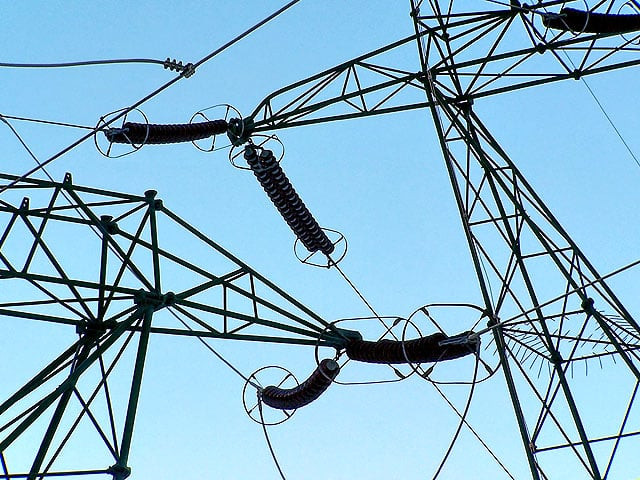Devolving power regulation
Devolving power regulation has added advantage of rewarding regions with lower rates of theft with lower tariffs.

Devolving power regulation
By devolving power regulation to the provinces, the federal government would remove one of the inconsistencies that developed as a result of the Eighteenth Amendment, where oil and gas are to be regulated by the provinces but electricity is regulated by the federal government. Given the interconnectedness of the energy sector, it makes sense to have regulation at only one level. The advantage of power being regulated at the provincial level is that the federal government would no longer need to spend Rs125 billion every year in trying to equalise the prices of electricity between provinces.
It would also have the added advantage of rewarding regions with lower rates of power theft with lower tariffs. Of course, this also means that some areas would see a significant rise in electricity prices, which is the most troubling consequence of this policy. Prices in Sindh and Balochistan, for instance, would be up to 50 per cent higher than in Punjab and Khyber-Pakhtunkhwa. But it is important to understand that one major reason why this difference exists is due to the much higher incidence of power theft in these regions. The most sensible way to close that gap is not through an artificial and unaffordable subsidy but rather through a concentrated effort in reducing theft and line losses. Why should the people of Sindh and Balochistan suffer because of thieves amongst them? It is time that the government went beyond rhetoric and took decisive action against this chronic problem.
Published in The Express Tribune, February 7th, 2011.



















COMMENTS
Comments are moderated and generally will be posted if they are on-topic and not abusive.
For more information, please see our Comments FAQ